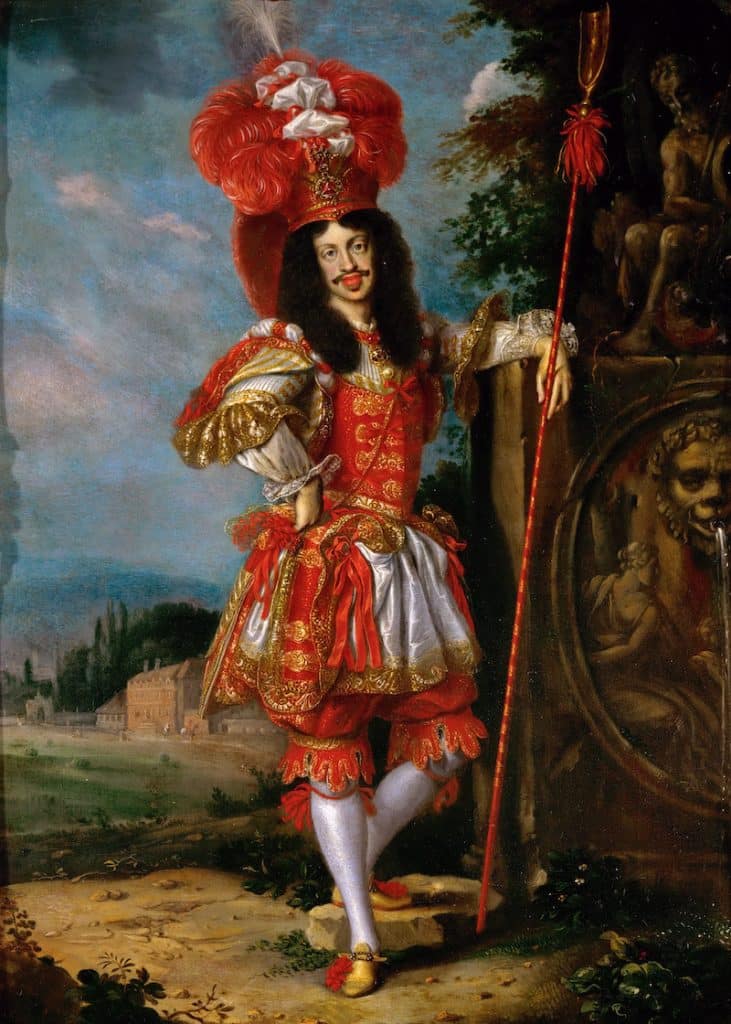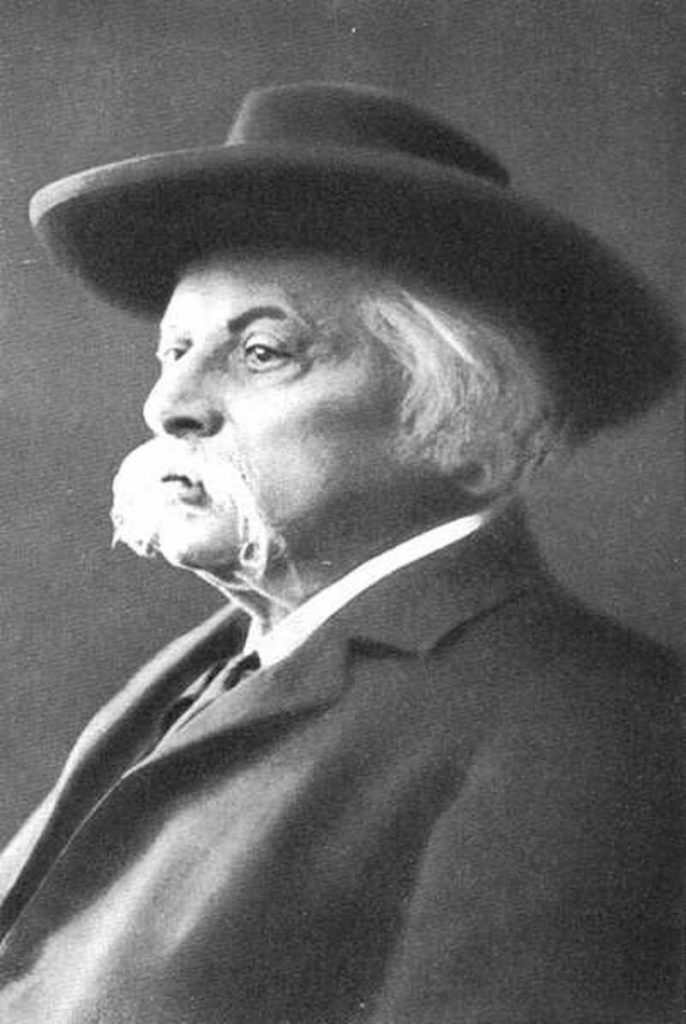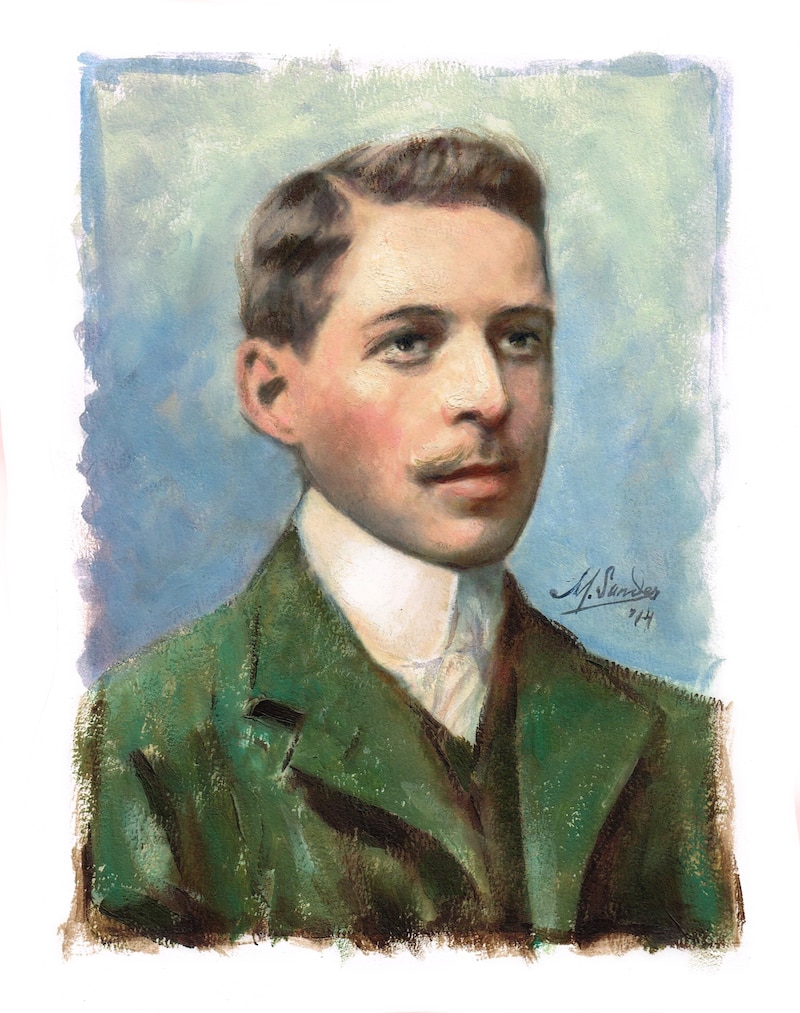While it might not be the first country you think of when you think of classical music, Hungary has a long and storied history as a hub for classical composers.
For centuries, Hungarian composers have been at the forefront of artistic innovation, producing works that have had a profound impact on the global classical music landscape.
From the sublime beauty of Bartók’s string quartets to the dramatic intensity of Liszt’s symphonic poems, Hungarian composers have made their mark on the world of classical music in countless ways.
In this article, we will explore the lives and works of 10 of the greatest Hungarian composers of all time. Let’s get started.
1. Franz Liszt
First on our list is Franz Liszt, a renowned Hungarian composer, and pianist of the 19th century. Born in 1811 in Doborján, Hungary, he began composing music at the young age of eight and eventually started taking piano lessons and performing in concerts.
Liszt’s exceptional piano skills and compositions made him a prominent figure in the classical music world. He was known for his beautiful piano compositions, brilliant strength and energy, and intense precision.
In addition to his musical talents, Liszt was also a writer and philanthropist. He is credited with creating the symphonic poem and making innovations in harmony and thematic musical transformations.
One of Liszt’s most well-known and beloved compositions is his Liebesträume (Dreams of Love), a set of three solo piano pieces. It is a beautiful and romantic showcase of Liszt’s virtuosity and skill as a pianist and is a must-listen for fans of classical music and piano.
2. Béla Bartók
Next on our list is Béla Bartók, a 20th-century composer and pianist who co-founded the field of ethnomusicology—the study of music from various cultural and social perspectives.
Born in 1881 in Sânnicolau Mare, in what is now considered Romania, Bartók showed huge talent as a pianist from a young age, and he studied piano under the tutelage of István Thomán, a former student of Franz Liszt.
He is widely recognized as one of the most influential composers of the 20th century. He composed a wide range of music, including orchestral works, string quartets, cantatas, and piano pieces.
His significant works include six string quartets: the orchestral compositions Music for Strings, Percussion, and Celesta and Concerto for Orchestra, and the piano collection Mikrokosmos, designed as a progressive series of pieces to aid in piano instruction.
3. Zoltán Kodály

Born in 1882 in Kecskemét, Hungary, Zoltán Kodály was a popular name around the world during the early to mid-1900s. He studied violin during his childhood, as his father was an amateur violinist, and eventually grew to love piano and orchestral music.
During his time collecting and recording songs in remote villages and studying Hungarian folk songs, he crossed paths with another famous composer, Béla Bartók. The two became great friends and supporters of each other’s musical compositions.
Throughout his career, Kodály created a steady flow of music and educational works and toured. Among his most famous works are “Dances of Galánta” and “Háry János Suite,” both of which showcase his distinctive blend of classical technique and folk elements.
Kodály’s legacy extends beyond his compositions. He is perhaps best known for the Kodály Method, an approach to music education that emphasizes singing, ear training, and movement. The method, which is still widely used today, aims to instill a love of music in children and to make music accessible to all.
4. György Ligeti

One of the widely regarded composers of the 20th century, particularly in avant-garde, is György Ligeti. He was born in Transylvania, Romania, in 1923.
Ligeti’s early musical education was interrupted by World War II and the Holocaust. He resumed his studies after the war at the Franz Liszt Academy of Music in Budapest, where he was later appointed as a professor of harmony, counterpoint, and musical analysis.
Ligeti’s works include Atmosphères for Orchestra, which is renowned for its tonal clusters creating a sense of shifting sound mass, and the opera Le Grand Macabre. His Études for solo piano are also highly regarded for their technical difficulty and innovative use of rhythm and texture.
Ligeti’s music has had a significant impact on contemporary classical music and has been featured in several popular films. For example, his compositions were used by Stanley Kubrick in the films 2001: A Space Odyssey, The Shining, and Eyes Wide Shut.
5. Leopold I

Our next composer, Leopold I, was born in 1960 in Vienna, Austria, and he served as the Holy Roman Emperor, King of Hungary, Croatia, and Bohemia from 1658 to 1705.
His father, Ferdinand III, Holy Roman Emperor, was a known composer and music patron who influenced Leopold I growing up. Although he did not study music specifically, Leopold I inherited his father’s musical gifts and had an interest in music from an early age.
He continued in his father’s footsteps and welcomed famous musicians and composers to play in his courts, including Antonio Bertali, Johann Fux, and Giovanni Bononcini.
His most popular pieces are sacred music, such as the Requiem Mass he wrote for one of his wives after her death. This piece, and many others, showcase how much the composers of his day influenced him in his own musical works.
6. Bálint Bakfark

Virtuous lutenist Bálint Bakfark was a popular composer in the 1500s and Renaissance era. Born an orphan in Brasso, Hungary, in 1526, he had his heart set on working for the French king as his lutenist, but he discovered that the position was already filled after traveling to Paris.
Eventually, he worked as the court lutenist for Sigismund II Augustus of Jagiellon, Poland, and started touring around Europe.
He went on to write several intriguing fantasies, madrigals, chansons, vocal motets, and polyphonic lute arrangements, all of which were favorites of the public. Sadly, Bakfark was a victim of the plague of 1576, and his manuscript music was burned.
Although he created a substantial amount of musical compositions, many of them were never printed. Many times it was said that the pieces were too complex for other people to play.
7. Karl Goldmark

Jewish Hungarian composer Karl Goldmark was born in 1830 in Keszthely, Hungary. His early musical education was largely self-taught, though he did receive some formal training in Vienna.
Despite facing financial difficulties and struggling to gain recognition in his early career, Goldmark eventually found success as a composer and became a respected figure in Viennese musical circles.
He is best known for his opera Die Königin von Saba (The Queen of Sheba), which was one of the most frequently performed operas in Germany during the late 19th and early 20th centuries. In addition to Die Königin von Saba, Goldmark’s notable works include the Rustic Wedding Symphony.
Goldmark also made significant contributions to music education in Austria. He co-founded the Vienna Conservatory, where he taught composition, and was instrumental in shaping the institution’s curriculum.
8. Miklós Rózsa
Budapest, Hungary, native Miklós Rózsa is one of the country’s most famous composers and conductors. His mother, who was also a pianist and a former student of Franz Liszt, introduced him to classical and folk music at an early age.
His musical family encouraged him to take up violin and piano. At age eight, Rózsa was already putting on concerts and composing his own music. He eventually studied music at the Leipzig Conservatory in Germany.
After moving to Paris in 1931, he composed musical works eventually introduced in Duisburg, Germany. These pieces and future pieces were applauded by famous conductors such as Charles Munch, Hans Swarowsky, Karl Böhm, and others. All the praise and approvals by well-known conductors spurred Rózsa on to fame.
He enjoyed ample time in the Hollywood spotlight after moving to the U.S. and becoming a citizen. There, he received 17 Oscar nominations. He is most widely known for his numerous film scores.
9. Ernő Dohnányi

Known for his exceptional piano playing, personal yet conservative composing style, and conducting skills, Ernő Dohnányi (also known as Ernst von Dohnányi) was recognized as a top performer.
He was born in Bratislava, Slovakia (formerly known as Pozsony, Hungary), on July 27, 1877. During his childhood, he started studying music with his father and church organist. He went on to attend the Royal National Hungarian Academy of Music, where he graduated before his 20th birthday.
As a composer, Dohnányi’s style is primarily influenced by the Romantic tradition, particularly by Johannes Brahms and Robert Schumann. Notable among his compositions—which include chamber music, concertos, symphonies, and operas—include his Piano Quintets, his Variations on a Nursery Tune for piano and orchestra, and his Suite in F-sharp minor.
He continued to compose, perform, and teach music until his death on February 9, 1960, in New York City. Today, Dohnányi’s contributions to music remain highly respected, and his compositions continue to be performed and recorded today.
10. Emmerich Kalman
Lastly, we have Emmerich Kalman. This Hungarian composer is credited with developing the 20th-century Viennese operetta. He effectively and tastefully merging Viennese waltz music with Hungarian csárdás (traditional Hungarian folk dances).
His first major success came in 1915 with the premiere of his operetta Die Csárdásfürstin (The Csárdás Princess) in Vienna. This work, along with others such as Gräfin Mariza (Countess Maritza) and Die Zirkusprinzessin (The Circus Princess), are among his most popular.
With the rise of Nazism in the 1930s, Kálmán, who was Jewish, faced increasing persecution. In 1938, he immigrated to Paris and later moved to the United States in 1940. Despite the hardships, he continued to compose, producing works such as Marinka and Arizona Lady.
He passed away in 1953, in Paris. Today, his operettas remain popular and are regularly performed in theaters around the world.
Summing Up Our List Of Great Composers From Hungary
That about wraps up our article on some of the famous Hungarian composers. As you have read, the rich tapestry of Hungarian music—woven with the threads of romanticism, folk influences, and a distinct national identity—has produced some of the world’s greatest composers.
We hope that this exploration has not only deepened your appreciation for these extraordinary composers but also led you to discover new favorites. Go ahead and check out more of their music!

